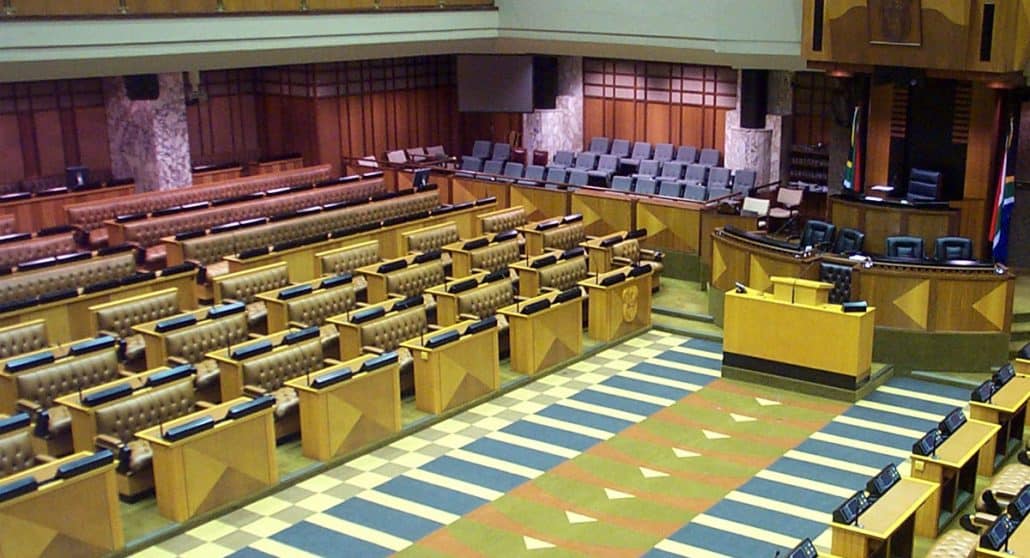First published on Business Day
Speaker Baleka Mbete has done exactly the right thing by allowing a secret ballot in the parliamentary vote of no confidence in President Jacob Zuma.
Her reasoning clearly echoes the reasoning set out by Chief Justice Mogoeng Mogoeng. It weighs and takes into account both sides of the argument: the need for transparency and openness in the business of Parliament; and the need to enable members to exercise their conscience in an environment of toxicity and intimidation.
In her thinking, she recognises the primary point made by the court: that once an MP is sworn in, his or her allegiance is not first and foremost to their party but to the Constitution and the oath of office.
While Mbete took her decision based firmly on legal advice, it must be recognised that in doing so, she personally has taken an important political step in putting the interests of the country ahead of those of her party. In doing so, Mbete has opened the door to an intense political process of lobbying in which each and every vote will count
It would not have been easy.
Thinking along these lines is foreign in a party such as the ANC that is strongly led by a collective and where individuals are bound by party discipline. Importantly, she also suggested that any action against party members who did not toe the party line could be legally challenged.
In reality, putting country before party is rare in most political parties, particularly where the proportional representation system applies and individual public representatives serve not on the basis of their own views and promises, but on those of their party.
In doing so, Mbete has opened the door to an intense political process of lobbying in which each and every vote will count. The South African Communist Party, for instance, has so far been ambivalent over its position, but seems to be tending towards a free vote. Cosatu, which decided some time ago that it would not vote against the president, could still be swung in the hours leading up to the motion and was meeting again on Monday night to reconsider the situation.
Mbete also would have made her own political calculation: should Zuma survive a secret ballot — which is the most anticipated outcome — then both he and the ANC are on a much stronger wicket to respond to their critics.
While Mbete has opened the door, it must be remembered that the ANC has not.
It has called a three-line whip — in other words, no one may be absent — and it has given the line of march: people may be unhappy about state capture, but this is not the way to remove the president. The ANC argues that to vote with the opposition to collapse a democratically elected government will be catastrophic for the country.
This is absolute nonsense. As is made plain by the Gupta-related scandals that are now published virtually every day, their president has gone rogue and has sold his soul and the country to a group of blatant and shameless looters.
The ANC stance on Zuma is at the heart of what is wrong with the party. Instead of putting the Constitution at the heart of its project to transform SA, it misguidedly clings to the idea that the national democratic revolution trumps all, even in an era of democracy.
Although the most anticipated outcome is that Zuma will remain president on Tuesday evening, that outcome is not guaranteed. Most estimates suggest that for the no-confidence vote to succeed, about 60 ANC MPs need to rebel; that is only one out of every four ANC MPs.
Even if Zuma survives this battle, it will mostly likely be even more obvious after the vote that his position is increasingly precarious. South African politics grows increasingly volatile and unpredictable each day. Anything can happen.

